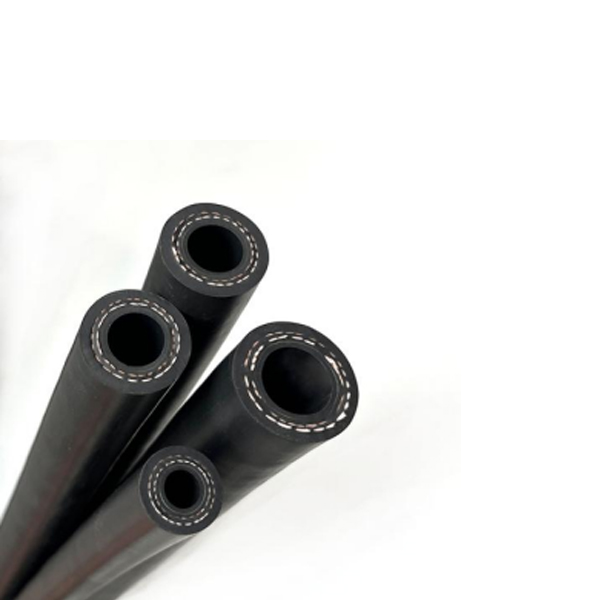Understanding Gas Fuel Lines for Optimal Engine Performance and Safety
Dec . 19, 2024 08:00 Back to list
Understanding Gas Fuel Lines for Optimal Engine Performance and Safety
Understanding Gas Fuel Lines Importance, Maintenance, and Safety
Gas fuel lines play a crucial role in the operation of vehicles that use gas as a primary fuel source, including gasoline-powered cars, trucks, and other machinery. These lines are responsible for transporting fuel from the tank to the engine, ensuring that the combustion process runs smoothly. Despite their essential function, the gas fuel lines often remain overlooked until problems arise. In this article, we will delve into the importance of gas fuel lines, common issues associated with them, maintenance tips, and safety considerations.
The Importance of Gas Fuel Lines
Gas fuel lines are typically made from durable materials, designed to withstand high pressure and exposure to fuel and temperature extremes. They are integral to ensuring that fuel reaches the engine without interruption. A well-functioning fuel line helps maintain the efficiency of the vehicle, supporting optimal fuel consumption and engine performance. When fuel lines are compromised, it can lead to a decrease in performance, increased emissions, or even engine failure.
Furthermore, the design of gas fuel lines is engineered to minimize the risk of leaks. A leak can lead to hazardous situations, including fuel spills or fires, making the integrity of these lines paramount for both vehicle performance and safety on the road.
Common Issues with Gas Fuel Lines
One of the most common problems associated with gas fuel lines is leakage. Over time, fuel lines can become brittle due to exposure to heat, harsh weather, and prolonged use. Cracks or holes can develop, causing fuel to leak out. Symptoms of a leaking fuel line may include a noticeable fuel odor, decreased engine performance, or visible puddles beneath the vehicle.
Another issue that can arise is clogging. Debris, dirt, or varnish can build up within the fuel line, restricting the flow of fuel to the engine. This can result in stalling, rough idling, or difficulty starting the vehicle. Regular maintenance and inspections are essential to identify and resolve these issues before they escalate into more significant problems.
Maintenance Tips
Preventative maintenance is essential for ensuring the longevity and efficiency of gas fuel lines. Here are some maintenance tips
1. Regular Inspections Conduct visual inspections of fuel lines for any signs of wear and tear, such as cracks, corrosion, or leaks. Look for any fuel stains or odors that may indicate a problem.
gas fuel line

2. Replace Filters Fuel filters should be replaced regularly, as they can become clogged over time. A clean filter ensures that dirt and debris do not enter the fuel lines.
3. Check Connections Ensure that all connections are secure and free from leaks. Loose fittings can cause fuel to escape and lead to pressure drops in the fuel system.
4. Use Quality Fuel Filling up with quality fuel can help reduce the risk of buildup in the fuel lines and the engine.
5. Be Cautious of Temperature Changes Extreme temperatures can affect the integrity of fuel lines. Be mindful of temperature fluctuations that may lead to damage.
Safety Considerations
Safety should always be a priority when dealing with gas fuel lines. Here are some crucial safety tips to keep in mind
- Address Leaks Immediately If you suspect a leak, it's imperative to address the issue as soon as possible. Avoid driving the vehicle until the problem has been resolved.
- Avoid Open Flames When working on fuel lines, ensure that there are no open flames or sparks nearby. Fuel is highly flammable, and even a small ignition source can lead to dangerous situations.
- Use Proper Tools Always use the right tools and equipment when inspecting or replacing gas fuel lines. This reduces the risk of damaging the lines and causing leaks.
- Consult Professionals If you're unsure about any aspect of your fuel lines, don't hesitate to consult a qualified mechanic or technician. They have the expertise to diagnose and fix potential issues safely.
In conclusion, gas fuel lines may seem like a minor component, but their importance to vehicle performance and safety cannot be overstated. Regular maintenance and prompt attention to potential issues can help keep these lines in good working condition, ensuring a safe and efficient ride.
